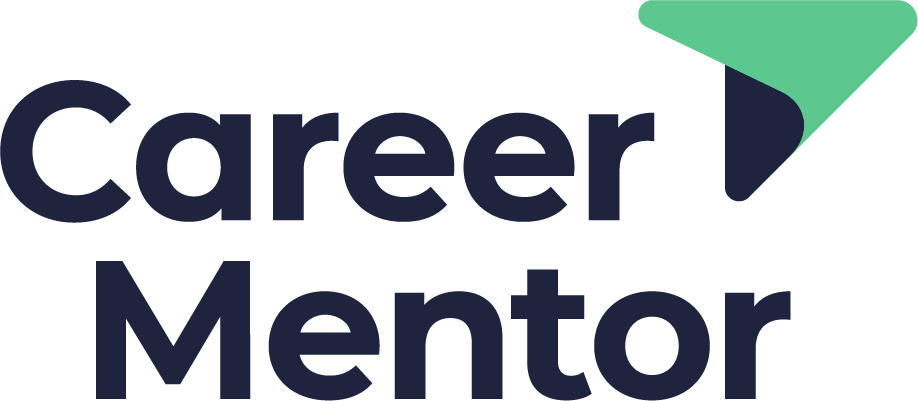Job interviews: you weren’t expecting that!
There are a few slightly odd things that can happen in job interviews that can throw you off track. However, if you anticipate them and factor this into your interview preparation, it’s possible to use them to your advantage. In this short read,I’ll go through them so that you can add them to your job interview preparation and rehearsals.
The Compound Question. Due to being excited, slightly lacking in skill, or as a deliberate ruse to test you, the interviewer might ask you three or four questions, all in one breath. You may have experienced this and you will have certainly seen politicians being asked questions in this way by journalists. Because the questions come at you so fast, stacked one on top of another, and they are not necessarily related subjects, the result can be that you become overwhelmed and only answer one or some of the questions posed. This might mean that you accidentally omit key details from your answer.
Knowing that this ‘technique’ might be used will enable you to handle the situation with the magic words: “Gosh! There’s a lot there, let me unpack that. The first question was…” From there, you can deal with question one. You can probably remember question 2, so you can answer that too. From there, you can ask for help remembering the following questions. Doing this smoothly will enable you to remain unruffled and show a degree of poise under a small amount of pressure that has been created. Moreover, doing this politely will increase the level of rapport that you established at the outset of the interview. All in all, knowing how to handle this will allow you to cover all ground with confidence and accuracy, in a way that reinforces your suitability for the role at hand.
2. Leading the Witness. I was reminded of this point by one of my coaching clients who recently went through a series of five interviews. One of the interviewers, it seemed, really wanted him to get the job. Having asked a question and not being thrilled by the answer, the interviewer then proceeded to gently coax the candidate by asking sub-questions, which would lead to the preferred solution. It took my client a couple of heartbeats to work out what was going on and then gratefully played along. In your preparations, remember that this can and sometimes does happen. If it does, run with it, make the most of it and accept the gift from the interviewer.
3. Testing Your Frame. In this context, frame means the way you feel about yourself - how confident and strong you feel. It’s possible that the interviewer might deliberately try to rattle you. This is, admittedly, an unlikely scenario. but it can happen so it’s best that you know about it, just in case. How would the interviewer do that? Well, using a compound question on purpose, for one. They could adopt a terse and unfriendly tone, perhaps firing off questions in a staccato manner without any opportunity for creating a friendly dialogue. Should this happen, recognise it for what it is and go along with it playing a straight bat. Perhaps, taking your time and deliberately slowing the tempo almost imperceptibly, will help you retain your composure. Then, with a sense of curiosity, relax into it and see how the conversation unfolds.
I remember watching a YouTube video in which such ‘luminaries’ such as Oprah Winfrey gleefully rejoiced in the silly - and that is the word - questions they would ask when hiring. Such questions, in my view, deserve contempt and would start me wondering if I really wanted to work with anyone using such techniques on candidates who are sincere in their desire to find a job.
As I said, testing your frame and asking nonsense questions will be a rarity because the vast majority of people you’ll meet will be completely professional and want the best for you as a candidate - whether you’re the right person for the job or not. That said, it can happen, so it’s worth mentioning.
Closing thoughts
Interviews can go in all sorts of directions, and naturally, there’s only so much you can prepare for and anticipate. However, these are three key things to bear in mind when preparing for any upcoming interview so as to ensure you’re in the best possible position to highlight how you’re the right candidate for the job. If you’re currently interviewing for roles and would benefit from a 15-minute consultation, no-strings-attached, do get in touch to schedule a call.
